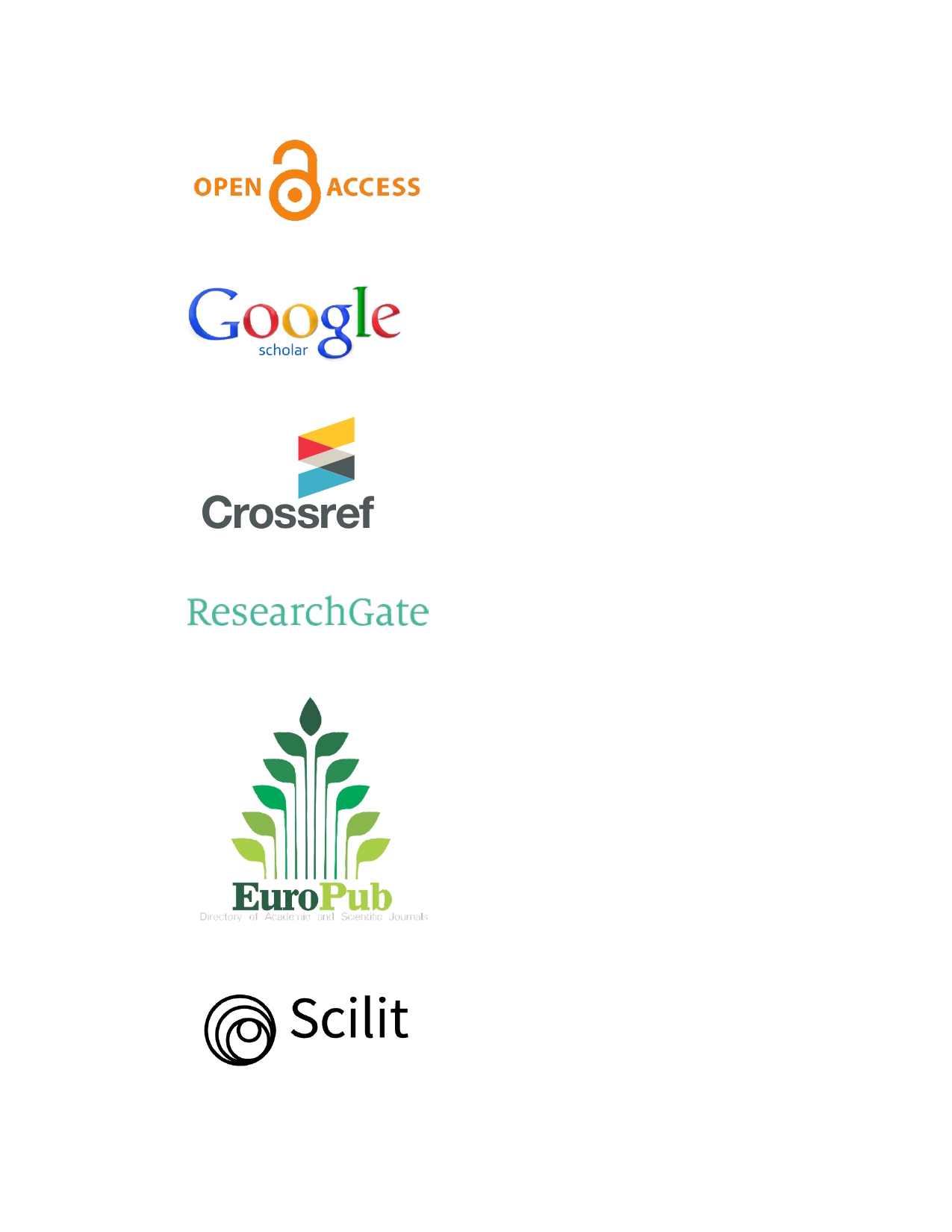Stakeholder Involvement and The Implementation of Maternal and Child Health Projects of Safaricom Public Limited Company in Siakago Sub-County, Embu County, Kenya
Keywords:
stakeholder involvement, Implementation, Maternal and child health projectsAbstract
This paper aims to assess the level of stakeholder involvement in the implementation of maternal and child health projects by Safaricom PLC in Siakago Sub-County, Embu County, Kenya. The study investigates various aspects of stakeholder engagement, including their roles, responsibilities, collaborative strategies employed, and their impact on maternal and child health projects. The research design utilized a cross-sectional survey, targeting a population consisting of 25 Safaricom Foundation staff, 7 community health workers, and 720 mothers who delivered in Siakago sub-county hospital between 2021 and 2022. A purpose sampling technique was employed to obtain the participation of 7 community health workers and 25 Safaricom staff. For the sample size of community health workers and Safaricom staff, a census approach was utilized due to the small population. Interviews were conducted to obtain data from a sample size of 256 mothers with children under 1 year old. Data collection involved structured questionnaires and interview guides, and analysis was performed using descriptive and inferential statistics. The results of the study indicate a strong positive relationship between stakeholder involvement and the successful implementation of maternal and child health projects, as evidenced by a correlation coefficient of 0.983. The coefficient estimates of 0.900 for stakeholder engagement suggests that increasing stakeholder involvement enhances the likelihood of successful project implementation. However, there were differing opinions regarding the potential impact of a lengthy hierarchical chain of command on decision-making processes. Based on these findings, several recommendations are proposed to strengthen stakeholder engagement. Prioritizing regular communication and collaborative decision-making is crucial for enhancing stakeholder involvement. Community engagement should be enhanced through comprehensive plans that incorporate community input and address their specific healthcare needs. Raising awareness and promoting education about maternal and child health practices are vital aspects to consider. Project management should optimize the chain of command and streamline decision-making processes. Additionally, conducting stakeholder analysis and sharing best practices and lessons learned are recommended for continuous improvement. In conclusion, this study sheds light on the significance of stakeholder involvement in the implementation of maternal and child health projects by Safaricom PLC. By implementing the recommended strategies, Safaricom can enhance the effectiveness of their projects and contribute to improved maternal and child health outcomes in Siakago Sub-County.
Downloads
Published
How to Cite
Issue
Section
License
Copyright (c) 2023 Moindi Benard Nyakundi, Juliet Njeri Muasya

This work is licensed under a Creative Commons Attribution 4.0 International License.






